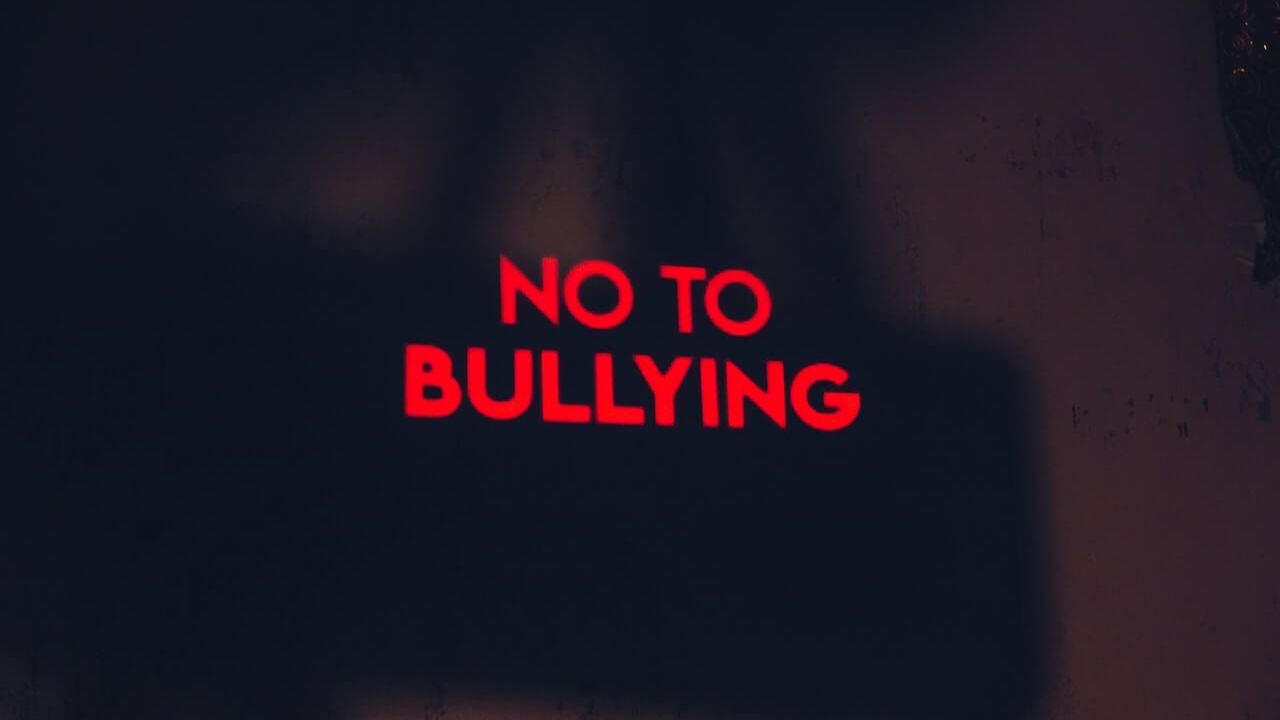
A Parent’s Guide to Social Bullying Online
Apr 03, 2023Social bullying is a form of bullying that is often overlooked or misunderstood. However, it can be just as damaging for a child’s wellbeing as other types of bullying.
With more and more of our kid’s social lives happening in digital spaces, it’s important that parents and guardians are aware of social bullying and how it can play out online.
What is social bullying?
Social bullying is a type of bullying that involves using social tactics to intentionally harm or manipulate someone. This can include things like spreading rumors or lies about someone, excluding them from social activities or groups, publicly humiliating or embarrassing them, and manipulating or controlling their social relationships.
What is cyberbullying
Social bullying can also take place online in the form of cyberbullying, where malicious messages are sent through social media or other digital platforms.
Cyberbullying can be particularly damaging because it can take place anonymously, seemingly 24/7. Your child may feel like they can’t escape from the bullying because it can occur outside of school hours and interfere with their personal lives.
What are some examples of social bullying online?
- Spreading rumors or lies about someone online.
- Excluding someone from online social activities. This could look like being excluded from online gaming groups or not being included in group chats.
- Creating fake profiles about someone and/ or impersonating them online
- Revealing personal information about them without their consent
- Making fun of someone's appearance, clothing, or behavior online.
- Using social media to harass, intimidate, or threaten someone.
- Sharing embarrassing photos, videos, or screenshots of messages without consent.
Tips for tackling cyberbullying
Know the signs
If you’re a little foggy on what cyberbullying and social bullying are, it’s likely that your child is too. Making sure you’re informed on what different types of bullying can look like, what the signs to look out for are, and how it can affect your child will help you to advocate for them if they do fall foul of bullying.
Talk to your child about their experiences online
Take an active role in learning about the websites your child visits, who they communicate with online, and what kind of content they’re interacting with regularly. Have open and non-judgmental conversations about their experiences online so that you can help them to understand if any of those interactions are affecting them negatively.
For more help with being a responsible digital guardian and how to raise resilient, tech savvy kids, check out my digital parenting courses.
Don't miss out!
Get all the latest digital parenting news delivered to your inbox.
We hate SPAM. We will never sell your information, for any reason.

